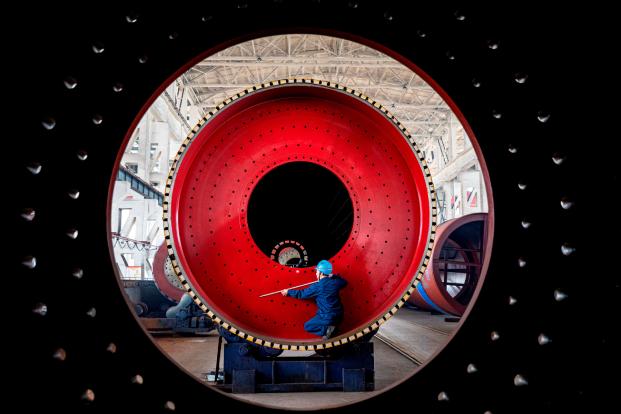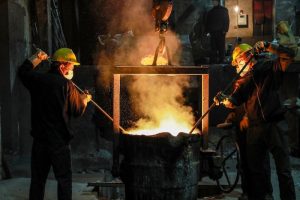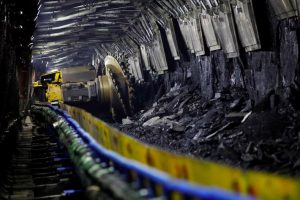The Chinese economy is recovering but its foundation is shaky, Premier Li Keqiang was quoted by state media as saying on Thursday, as economists offered sober assessments.
China will keep opening up its economy to the outside world, Li told senior officials from Shanghai, Guangdong, Fujian, Jiangsu and Zhejiang, adding that the post-pandemic bounce-back was so far “not solid”.
With the Chinese economy starting to recover with the easing of strict Covid-19 measures, the government is looking to boost infrastructure investment to achieve its 5.5% gross domestic product (GDP) growth target for 2022.
The duration of quarantine in China has been shortened, and the frequency of Covid-19 testing now depends on local risk levels. The new arrangements are expected to boost retail sales growth during the summer school holidays.
Factories will benefit less than retail sales as 70% of factories were in operation even during the lockdowns as they could operate in closed-loop environments.
Officials said port operations were normalising, with less congestion and falling freight rates that should reduce delivery times and logistic costs for trade.
“We do not expect the People’s Bank of China to cut policy rates further,” Iris Pang, chief China economist at ING, said. “The yuan could face appreciation pressure in the short term.”
GDP Target ‘Challenging’
The Chinese economy can achieve the 5.5% GDP target set for this year, the government has said. “This will be challenging even though the economy has started to recover,” Pang said.
“We believe the government will try to boost infrastructure investment to achieve its target, which will then turn into construction activity and create more jobs.”
Richard Yetsenga, chief economist at ANZ, said the pandemic will be a tipping point for China’s economy.
“There are several instances of economies beset by apparent short-term shocks that ended up being lasting economic changes,” he said.
“Neither Australia after the 2000s boom nor Japan after its bubble burst in 1991 returned to previous rates of growth. The pandemic could well be such a tipping point for China.”
He said much depends on the Chinese economy’s ability to integrate productivity-enhancing reforms.
“While the focus on shared prosperity has faded, it is likely to re-emerge. The widening in inequality is one of the pandemic’s strongest legacies and a challenge for most economies.”
- George Russell
READ MORE:
China Economy is Heading for an Upswing, Says Morgan Stanley
China Economy Loses Momentum as Factory Output, Retail Sales Disappoint
China Stock Market Booms in June as Foreigners Exit Bonds
























